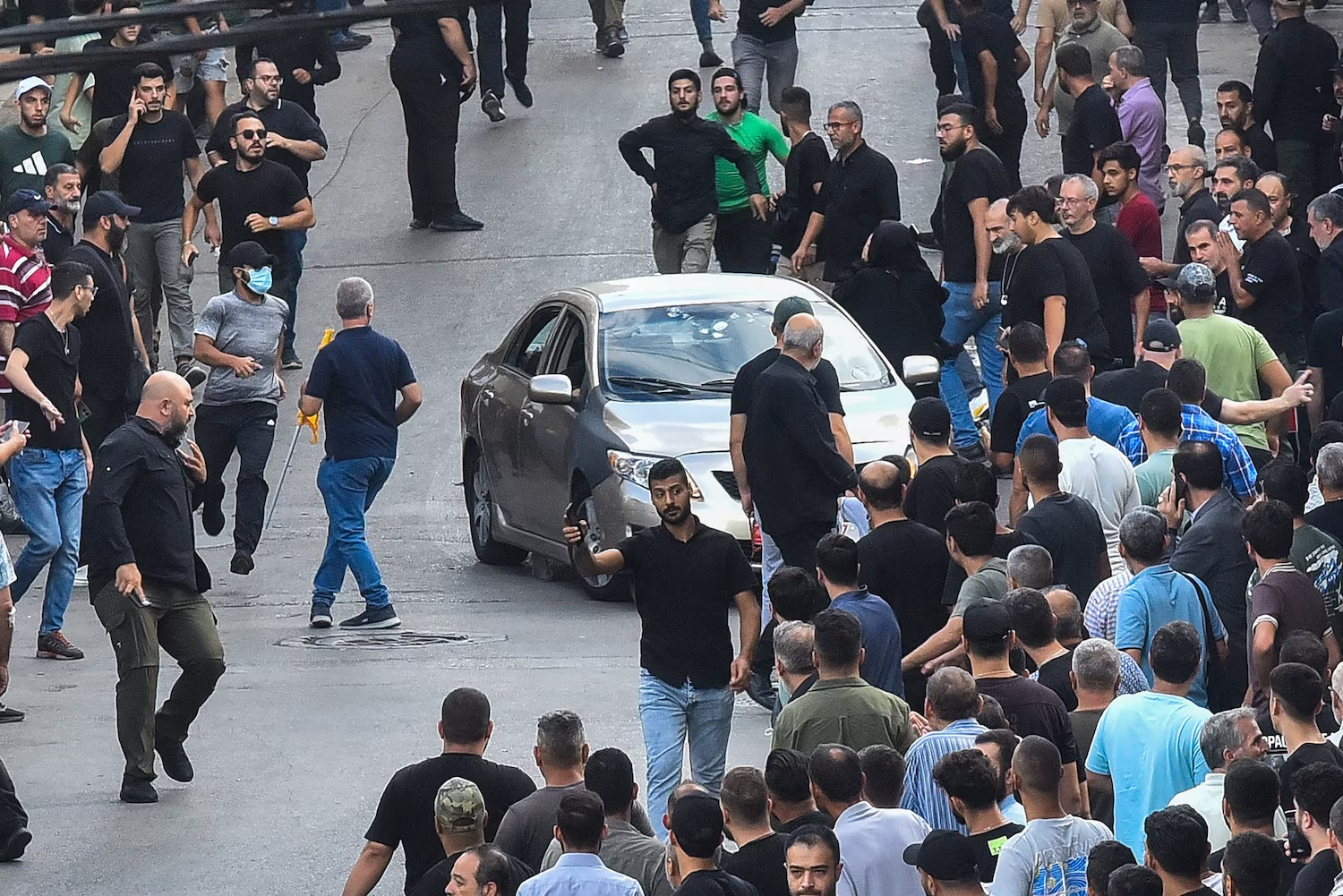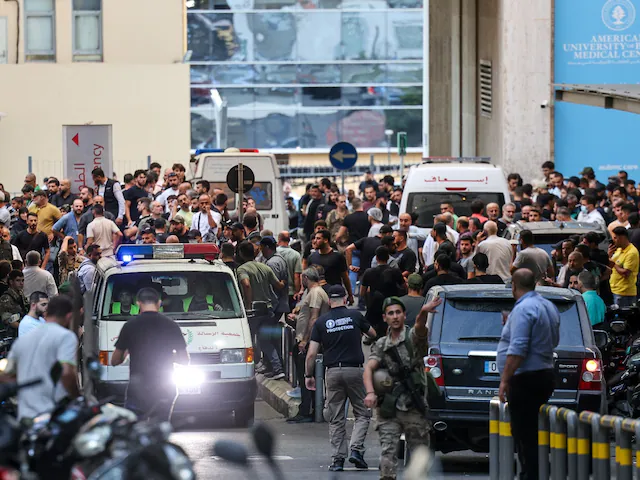The death toll from a series of pager explosions across Lebanon has risen to 20, with at least 450 people injured, Lebanese health officials reported Wednesday. This marks a significant increase from Tuesday’s initial attacks, which killed 12 and wounded approximately 2,800.

The latest round of explosions targeted wireless devices in southern Lebanon, the Bekaa Valley, and Beirut’s southern suburbs. Hezbollah, the powerful Lebanese militant group and political party, confirmed that ten of its members were among the fatalities.
Lebanese Red Cross officials stated that more than 30 ambulances were deployed to provide treatment and evacuations. The severity of injuries prompted the transfer of at least 95 wounded individuals to Iran for specialized medical care.
Lebanon’s Health Minister Firass Abiad previously reported that around 460 injuries from Tuesday’s explosions were critical, requiring surgical intervention. Most victims suffered eye and facial injuries, with others sustaining wounds to hands and fingers.
The Lebanese Army has urged citizens to avoid gathering at explosion sites to allow unimpeded access for medical teams. Meanwhile, Civil Defense members are battling fires that erupted in homes, vehicles, and shops as a result of the blasts.

Sources told ABC News that Israel was behind both Tuesday’s and Wednesday’s explosions, though Israeli officials have not commented on these allegations. Hezbollah has accused Israel of “criminal aggression” and vowed retaliation.
The attacks have affected both Hezbollah members and civilians, including children. Lebanese officials confirmed that an 8-year-old girl and an 11-year-old boy were among Tuesday’s fatalities.
Iran’s ambassador to Lebanon, Mojtaba Amani, was among those injured in the initial explosions. Iranian officials have strongly condemned the attacks, with the country’s UN ambassador calling for international action against what he termed “acts of terrorism.”
As Lebanon grapples with this escalating crisis, concerns are mounting about potential further destabilization in the region. The international community watches closely as tensions between Israel and Hezbollah threaten to boil over into wider conflict.



